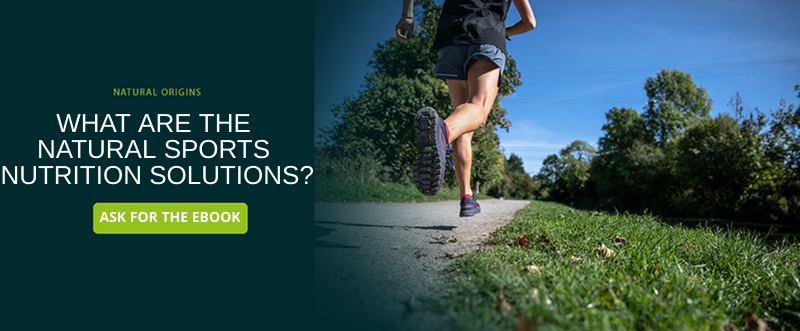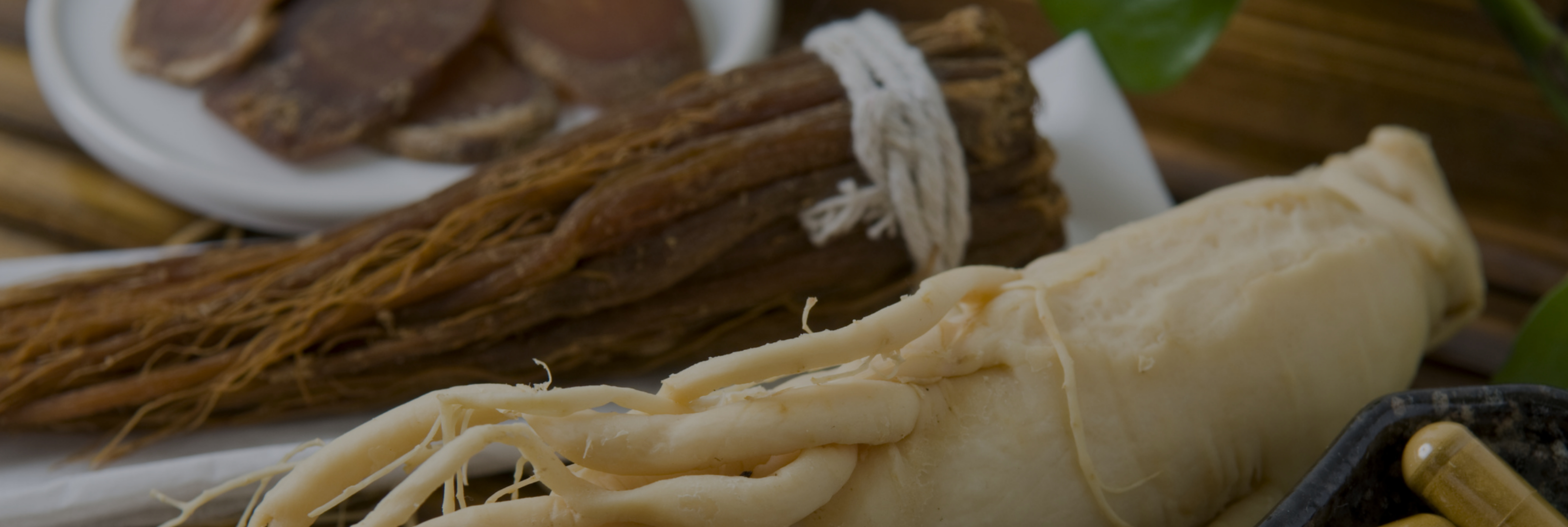The current market trend is reflected in everyday products where we can note the will to go back to natural products with ensured traceability and monitored origin.
This trend not only concerns cosmetics, but also food and nutrition: 2019 is the year for consumers to endorse organic and natural products.
What are the interests of a natural and an organic ingredient in the world of sports nutrition?
Several times singled out by health authorities throughout the world, [1] sports nutrition products have had a bad reputation.
In fact, there are oftentimes high levels of chemicals. The composition (sometimes questionable) in some cases in the long term are hazardous to health. The world market for sports nutrition is however booming and consumers [2] are seeking healthier products.
Sports nutrition products made from natural and organic ingredients cater to leisure athletes wishing to optimise their performances without overlooking their health. This approach seems logical since people attached to their well-being, who pay attention to their bodies and to do so opt for healthy and oftentimes organic products on a daily basis.
Why would they compromise their values and risk their health simply to improve performance?
Choosing a natural and organic ingredient has a positive impact on formulating a sports nutrition product
It is scientifically proven that diet is linked to the onset of many chronic diseases. [3].
It has likewise been demonstrated that a diet rich in organic products limits the occurence of certain diseases. [4], compared to conventional food produce. While adapted to the specific needs related to sporting effort, sports nutrition remains a form of nourishment.
One of the main interests of organic products is the small amount or the absence of pesticides which are recognised as endocrine disruptors, and which are at the root of different diseases [5].
Organic certification prohibits the use of certain chemical molecules and is thus a guarantee of better quality.
Learn more about Natural Origins' ways to ensure the quality of organic ingredients.
Are there any specificities related to the formulation of minimally processed organic products?
Using minimally processed organic products in the formulation of sports nutrition products preserves all the properties and the intrinsic benefits of plants. Embodying traditional medicine relies on plants to cure and improve daily life.
These minimally processed natural botanical ingredients are obtained solely by the physical transformation of the plant (simple grinding). As such, their inherent fiber, protein and mineral contents are preserved.
Sports nutrition: opt for natural ingredients in the formulation of your products
Generally speaking, antioxidant rich foods are recommended for sports nutrition.
Discover the full range of ingredients for sports nutrition on our e-platform.
As such, red berries, figs, citrus fruit and certain berries are recognised for limiting oxidative stress.
Furthermore, ingredients like caffeine rich guarana are known for their stimulating effects.
CONCLUSION
It is evident that using organic ingredients provides a significant number of advantages namely for health, the reduction of certain diseases, improved well-being while preserving the benefits of plants. Sports nutrition is not an exception.
As such, these plant based organic powders, as they are minimally processed, preserve their benefits and allow athletes to improve their performance.
Do you want to go a step further? Our experts have gathered all their advice in an ebook on natural solutions for sports nutrition.
Sources:
[1] “Bodybuilding and sports supplements: the facts”. National Health Service. https://www.nhs.uk/live-well/healthy-body/body-building-sports-supplements-facts/
[2] “Global Sports Nutrition Market Is Set for a Rapid Growth and is Expected to Reach USD 45.27 Billion by 2022”. Zion Market Research report. January 5, 2017. https://www.zionmarketresearch.com/news/sports-nutrition-market
[3] “Régime alimentaire, nutrition et prévention des maladies chroniques”. World Health Organization report. https://www.who.int/dietphysicalactivity/publications/trs916/summary/fr/
[4] “Association of Frequency of Organic Food Consumption With Cancer Risk”. Baudry et al. December 2018. https://jamanetwork.com/journals/jamainternalmedicine/article-abstract/2707948
[5] “La stratégie nationale sur les perturbateurs endocriniens”. IGAS. December 2017. http://www.igas.gouv.fr/IMG/pdf/2017-117R.pdf

Emilie Leconte
Key accounts manager & product manager








Leave a comment